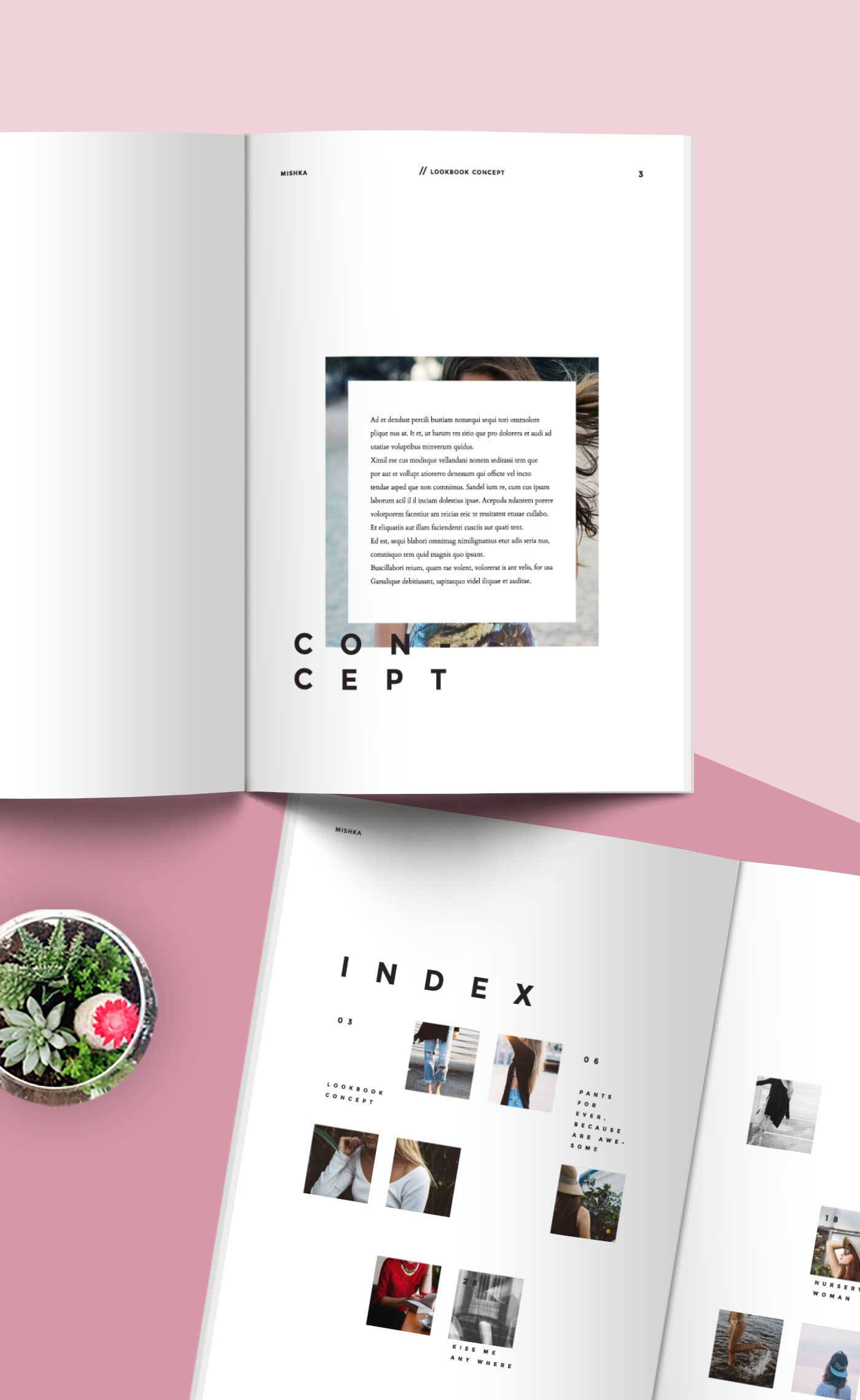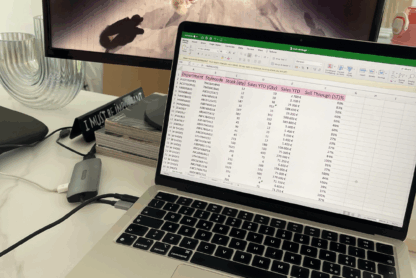Going to a fashion school is an amazing experience where you’ll have the opportunity to follow through and get a career in fashion. Imagine having an internship or a job at the company that you always dreamed of working at. But there’s just one more thing to do before you can graduate from your fashion school: successfully writing your dissertation.
Your dissertation is the final work of your years at school and it shows your ability to effectively solve a problem in a certain field of profession. It may sound as just another paper to write, but it’s something that takes a lot of time in research, writing and editing. As the cliché says: it will take you blood, sweat and tears to write your dissertation, but a great sense of happiness will come when you finally finish.
A dissertation is about more than just writing, the research part, as well as the editing, takes a lot of time as well. Usually students start writing a dissertation about 9 months before handing it in, however, as soon as you start, the lower your stress level will be.
No need to worry! We’re going to give you some advice on how you should work and how to tackle the work and bring your dissertation to a good end.
Choose your topic
The first step to your dissertation is choosing your topic: what the writing will be about and which questions to answer. While some schools might ask you to choose between only a few topics, the majority allows you to propose a topic that they will approve.
After determining the theme, it’s time to move on to deciding what your main question will be, which is mostly the title as well. The title can also be a few words accompanied by the question as a subtitle.
Example of a question as the title:
Brand image and brand identity of a fashion brand, and how far is it helpful for entrepreneurs in today’s market?
Example of a main title accompanied by the question as a subtitle:
Sustainable and cruelty-free fashion.
Does a large chunk of the fashion industry depend on animals? How far is it justified?
Choose a topic that actually interests you, it will make it much easier for you to conduct all your research and write. See it as an opportunity to learn more about that subject, a way to find a good and solid answer to your question. Think about additional questions that relate to your main subject as well, and include them in your research and writing.
Once you have chosen your topic and questions, sit down with a calendar and make yourself a solid plan on when to work on what and set deadlines to keep you on schedule. It’s of great importance to be honest and realistic with yourself, and most importantly, to stick to your planning and deadlines.
- Pick your mentors and advisors
Writing a dissertation is not something you want to be doing solo, getting the help of advisors and mentors is crucial. The first step is to look for the appropriate people, usually who have experience in either writing dissertations or have experience in the field that your topic is covering.
Where should you go look for these mentors/advisors? An option is to ask your school for advice on who you could ask as a mentor, another option is to ask one of your former internship supervisors. You can also think of your parents, siblings or in-laws if any of them are familiar with the topic you are covering. Even if they’re not, you can still ask them for advice if you’re stuck at any point. Do your parents have any friends or business partners that might be able to assist you? Ask them as well!
A student usually asks one or two people as mentors, however you can ask as many people as you are comfortable with.
Now, as to how you should work with them? First of all, you should be clear with them as to what you expect them to help you with. It’s best to set a meeting twice a month and discuss your progress and ask any question you need help with. Secondly, don’t expect them to do all the work and magically have a dissertation ready. They’re not here to do your part, they’re here to assist you in any way they can.
Be prepared to receive comments on your work, it’s their role to criticize your writings in order to finish with a great dissertation. It might not always be nice to hear, but think of the end results you’ll have!
- Time for the research
So at this point you have already picked your topic, questions and mentors. It’s now time to move on to the part where you’ll conduct research to know more about your topic. Doing the research takes a lot of time and can be done in many different ways. Here are some ways that we think are great:
- Survey
Use an online tool, such as SurveyMonkey to create questions that are relevant to your topic. Once done, send it to all your friends and contacts, as well as sharing it on your social media channels. In our experience, this is a very effective method to have other people’s opinion on a certain topic or subject.
- Books
Reading books that relate to your subject is one of the classic methods to conduct research, a step you just cannot skip. Go to the library, or to someone who own many books, and just read. Don’t underestimate the time that goes into this either, choose your books wisely and pick the most relevant chapters to read instead of the whole book.
- Interview
Conducting an interview with someone experienced in your field of research is a great way to get to know more about it. Ask them if they are interested in helping you with your dissertation by getting interviewed, via email, phone or face-to-face. Most people will help you for sure!
- Internet
On the internet, you can find information about literally every topic you can think of. Don’t underestimate the power of it. Look for relevant material such as articles, other dissertations, websites etc.
Writing your thesis
You’ve done your research, and at this point you should know a lot about your topic and be ready to start writing. Don’t just open a new Word document and start writing, start with figuring out the structure you are going to use. Start off with the Introduction, then the large middle part and end with your conclusion.
Needless to mention it’s a BIG no-go to copy and paste other people’s work. It is not only very sad, it’s also illegal.
Introduction
This part is pretty straightforward, it’s where you explain a bit more about your topic and elucidate your questions. Remember, you’re not replying to any of your questions yet, it’s only a part to make people want to read your dissertation and invite them to discover more. As for the length, it’s usually between 1 to 5 pages, depending on how much you have to talk about in this part.
Middle Part
This is where all of your energy will go: the main part of your dissertation is your middle part. It tackles every aspect excluding the introduction and the conclusion. It’s definitely a hard part, but make it easier by determining your different chapters and parts. All of them should follow up smoothly on each other and be like one big book divided into smaller parts, which is easier for people to read it. Having a clear structure will make your writing work much easier, as you can write each part at a time.
Writing your dissertation can be frustrating at times, especially if you have lost your focus. Take breaks and restart with a clear and fresh mind. One day it will be easier than other days, it’s normal and every student goes through such phases.
Ask your advisors to check your work regularly and accept their feedback as well, it will improve the quality of your work.
Conclusion
Now, the conclusion might seem like the last page or two to write, but it’s actually a very important part in your dissertation. This is where you have been working towards all of these past months. The conclusion is going to answer to your main question and explain what findings you have about the subject.
Take your time for this part, read your dissertation again before writing this, and think of your main question that you want an answer to. You want to finish with a bang and create a good and solid conclusion to your dissertation.
Triple Check and Finish
Your dissertation is almost finished; all the research and writing have been done and you have now made it to the final stage. Read your work a few times over and edit as you go through it. Ask your parents, siblings and advisors to read through it as well and to tell you what they think of it. Again, here, accept the comments they will give you.
Don’t underestimate the work that goes into the re-reading and editing of your work, it’s time-consuming and so crucial to be able to hand in a perfect dissertation.
Next to the reading/editing part, you should check with your school how the format should be, as most schools will give you guidelines of which font and size of text to use. They might also ask you to include a specific table of content, annexes, a short recap of your work etc.
You will usually have to get about 5 copies printed out and give to your school. Get one for you as well as one for each mentor that helped you, they’ll appreciate it for sure!
The only thing left to do, is hand over your files to the school and it’s DONE! We can tell you that it’s a great feeling when you finally get to hand it in, just like a huge weight lifted off your shoulders.









